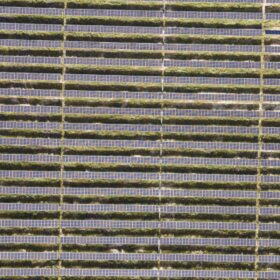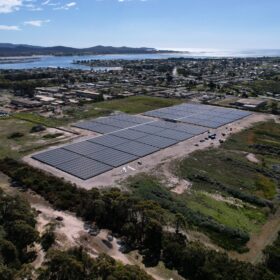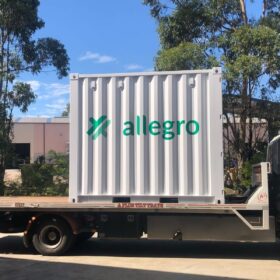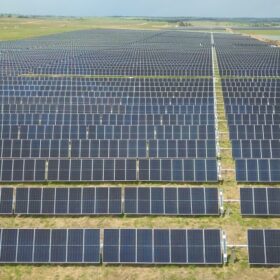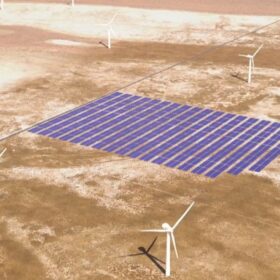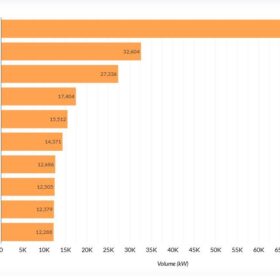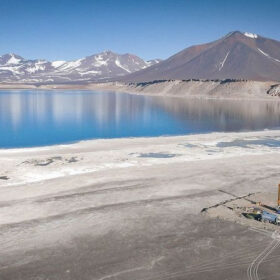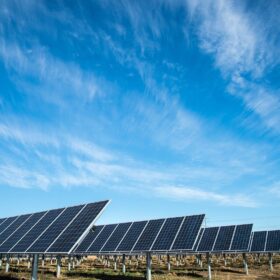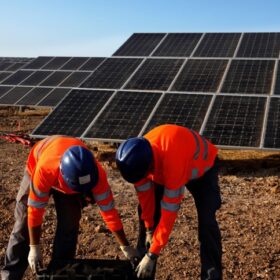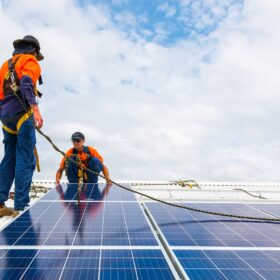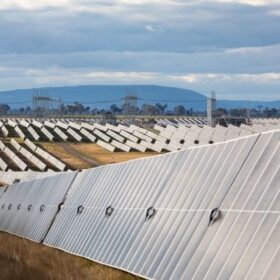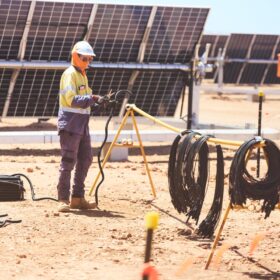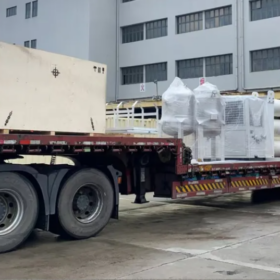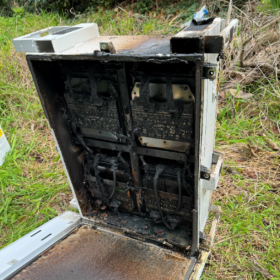Telstra inks offtake deal for 200 MW NSW solar project
Telecommunications giant Telstra has added to its renewable energy portfolio, signing up to offtake power from a 200 MW solar farm being built in New South Wales by the Australian arm of Global Power Generation, a subsidiary of Spanish utility Naturgy Energy Group.
ReNu steps up Tasmanian green hydrogen strategy with solar offtake deal
Renewable energy company Climate Capital has confirmed it will push ahead with the development of a 9.95 MW solar farm in Tasmania’s north after inking an offtake agreement that is to support a series of green hydrogen production facilities and fuelling stations in the state.
Allegro to ramp up flow battery capacity after closing $17.5 million funding round
Australian redox flow battery developer Allegro Energy aims to “rapidly accelerate” its manufacturing capacity after closing a $17.5 million funding round that attracted major domestic and international investors.
Huge solar farm and battery project lands federal approval
A 600 MW solar farm and battery energy storage system of up to 600 MW / 1,200 MWh has been given the green light by the federal government to go ahead in central west New South Wales.
Province hits pause on WA green hydrogen project
Plans for a 12 GW solar- and wind-powered green hydrogen project proposed for the Gascoyne region of Western Australia have been shelved with the developer citing waning investor interest amid a lack of “appropriate” state government support.
Origin tops install rates as rooftop rollout reaches 278 MW for month
Origin Energy emerged as Australia’s largest rooftop solar installer in August with new data showing the nation’s households and businesses bolted on more than 28,000 PV systems with a combined capacity of more than 278 MW.
New ways to feed world’s lithium habit
Amid significant environmental concern about the impact of more widespread lithium mining, various methods of extracting the battery material from brine could offer a cleaner solution – and reignite a historic Cornish industry.
OX2 Australia sells Victorian 119 MW solar farm to undisclosed bidder
Sweden-headquartered renewables developer OX2 Australia has closed an agreement to sell an unnamed 119 MW solar farm from its portfolio to an undisclosed buyer.
Iberdrola starts Queensland Broadsound solar farm and battery system build
Spain-headquartered clean energy developer Iberdrola Australia has started construction of its Broadsound solar farm and battery energy storage system located 163 kilometres northwest from Rockhampton, Queensland.
Global market comparison study ranks Australia 10th in race to renewables
A study forecasting 39 country’s renewable energy generation per capita and net zero emissions target ranks Australia tenth in the world based on a projected 4.79 TWh of renewable generation per million people by 2028.
